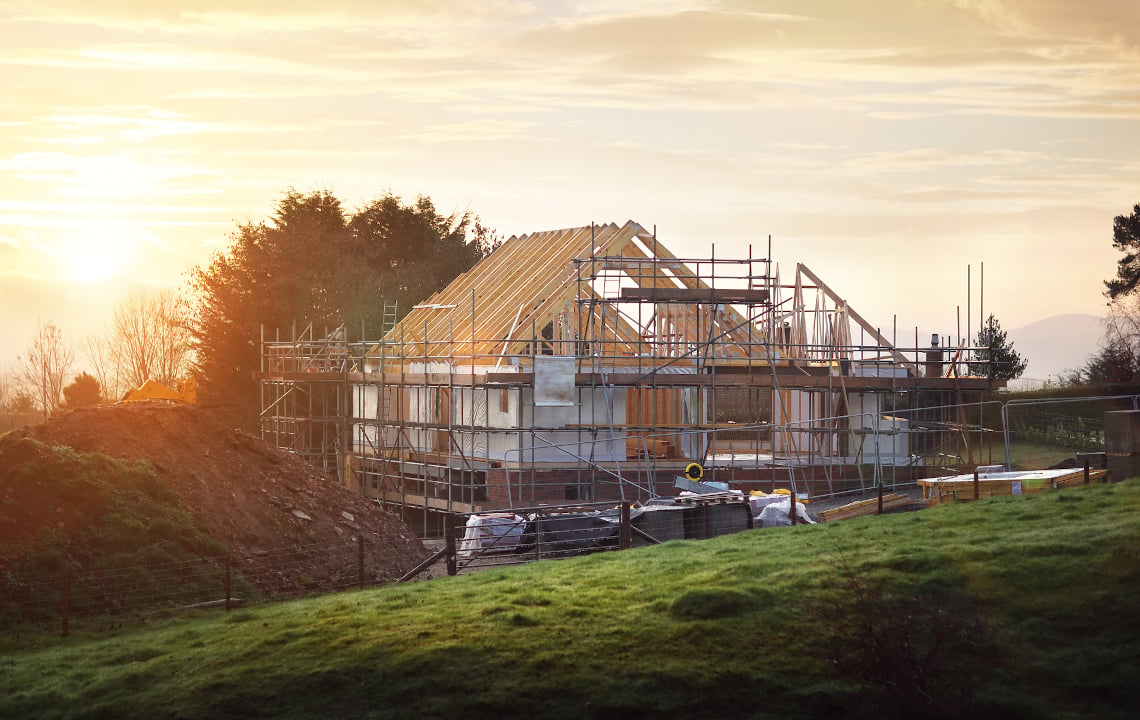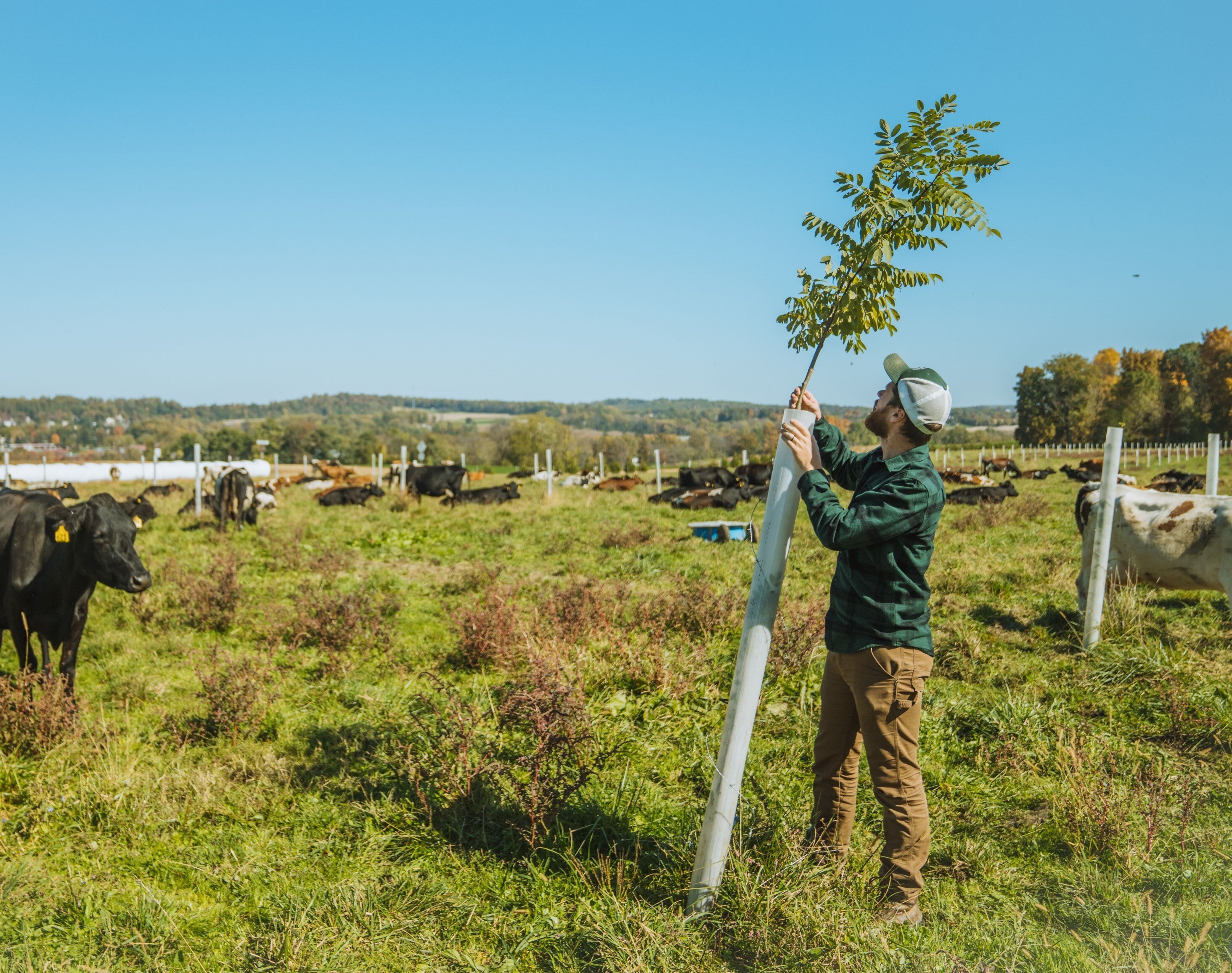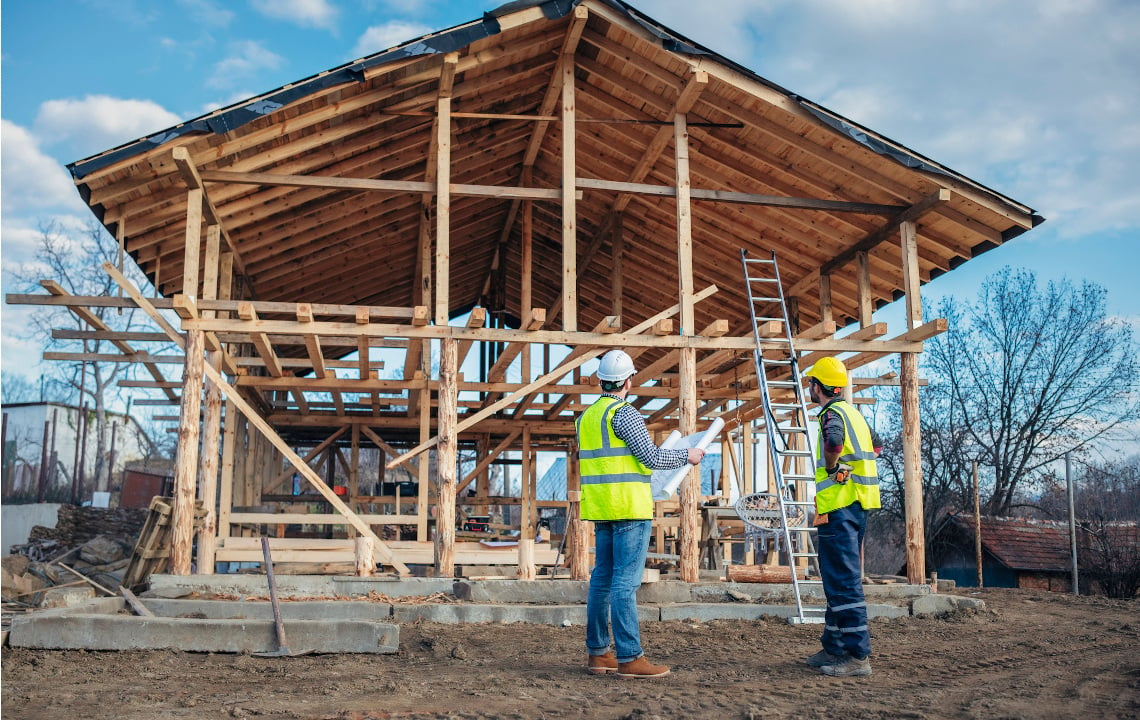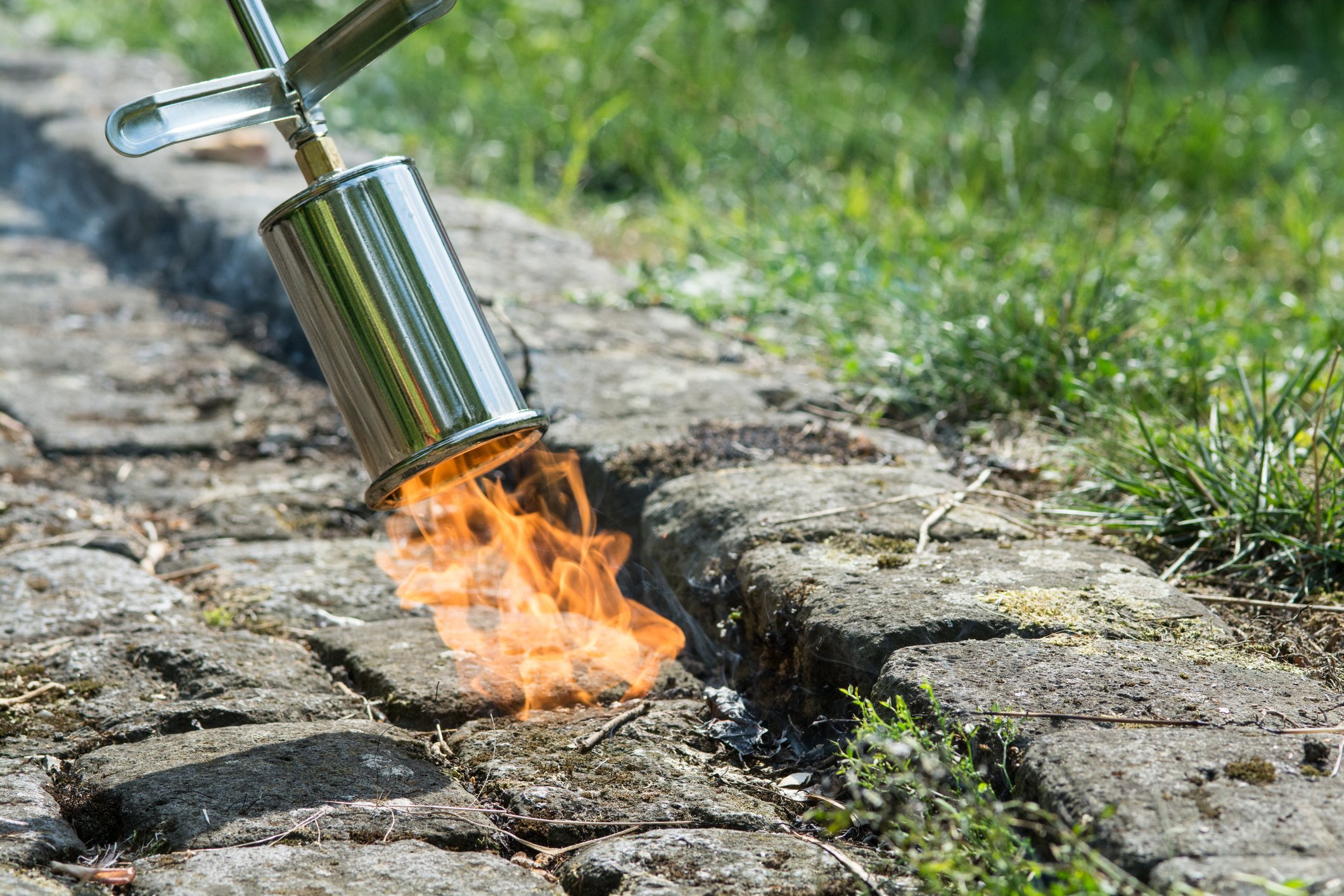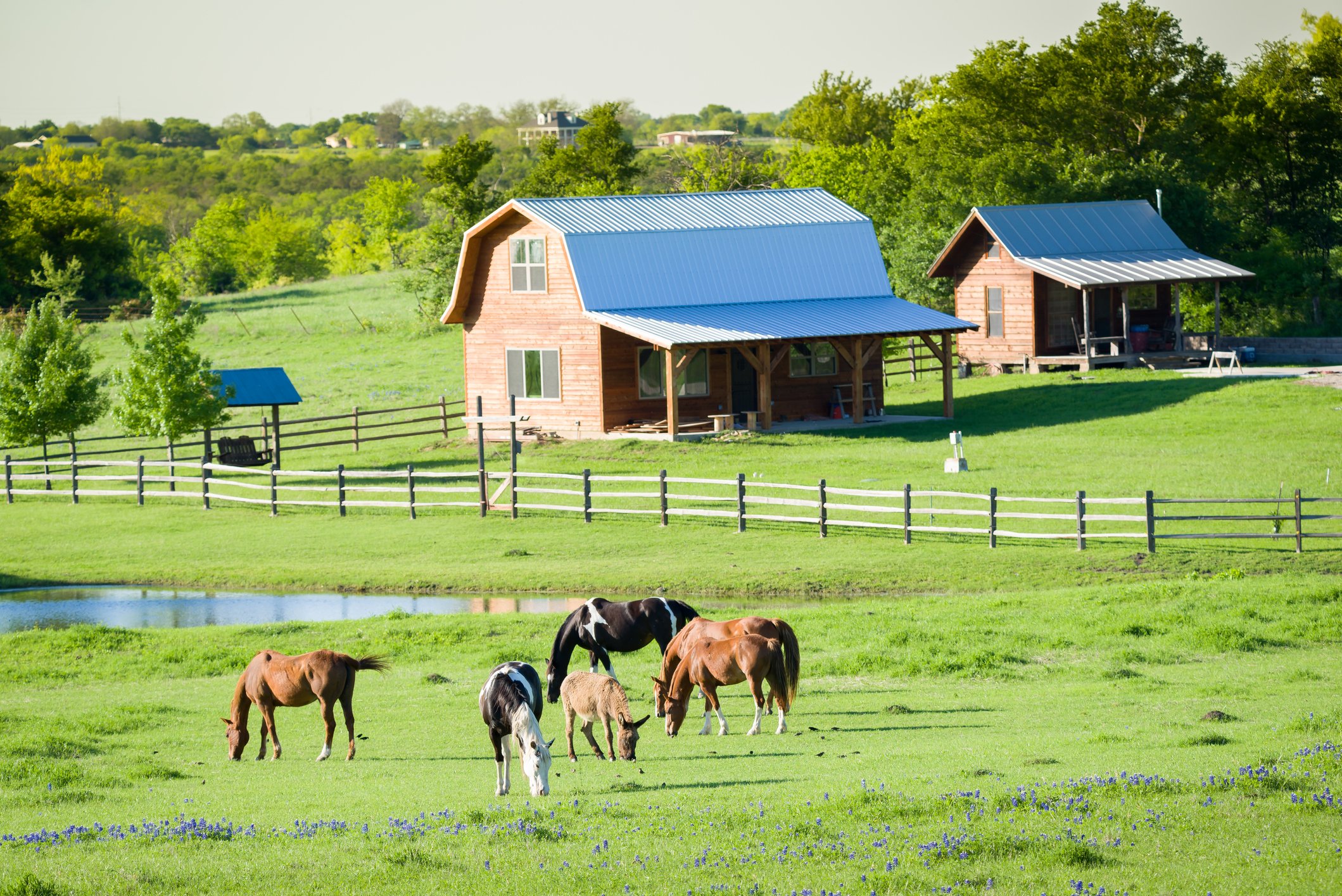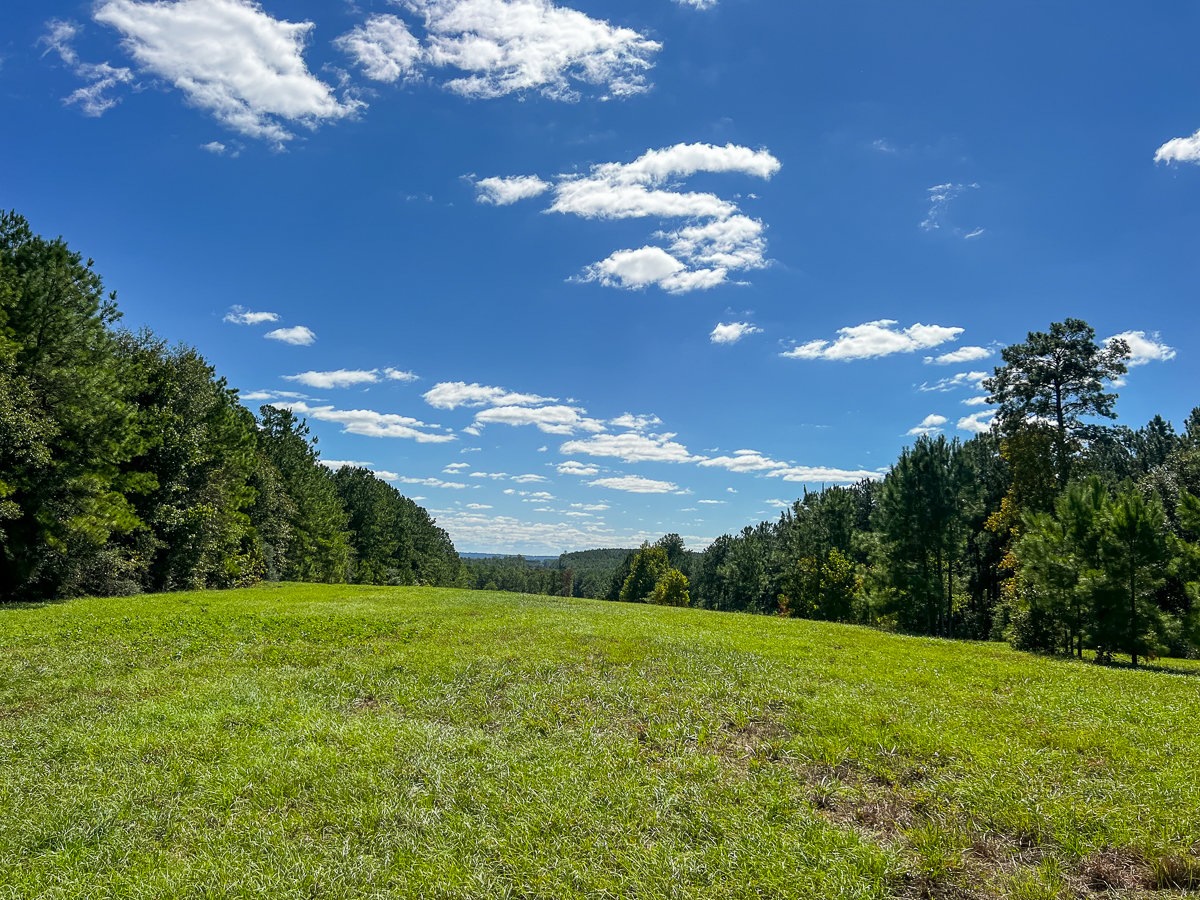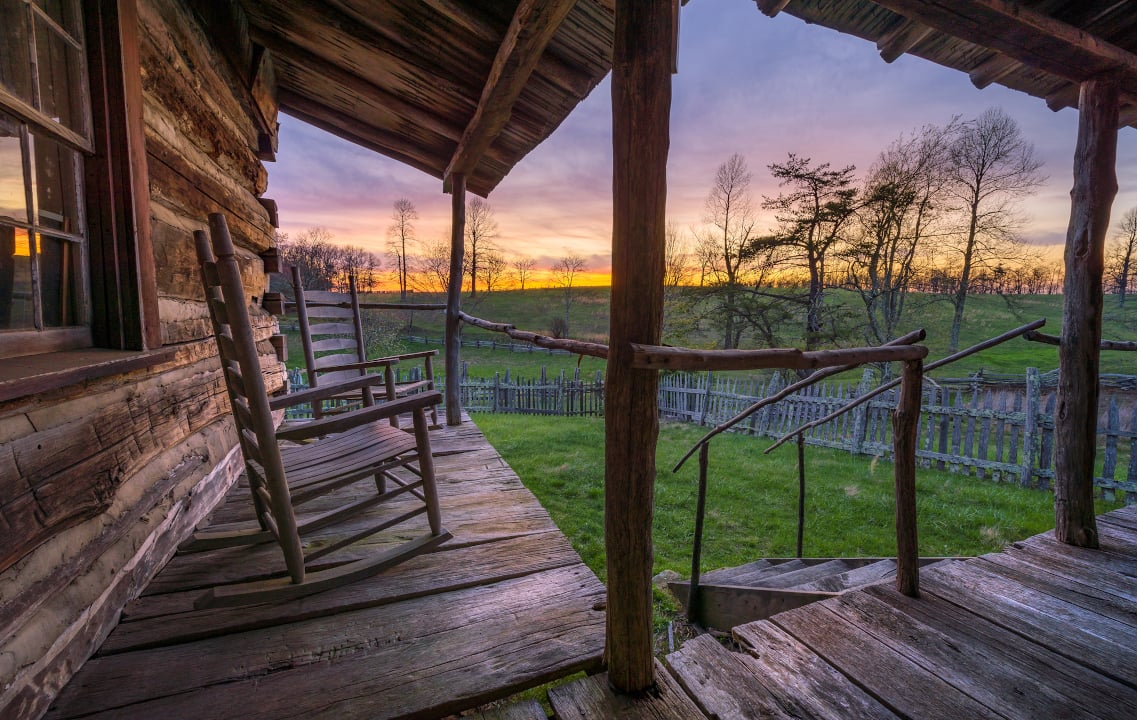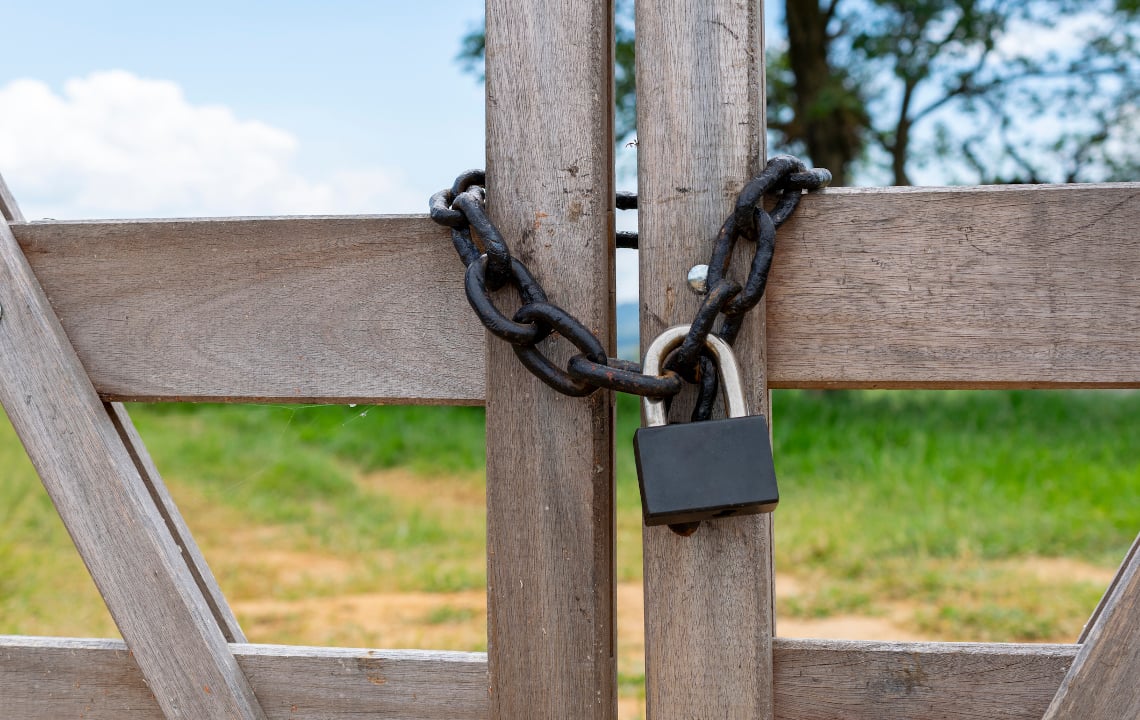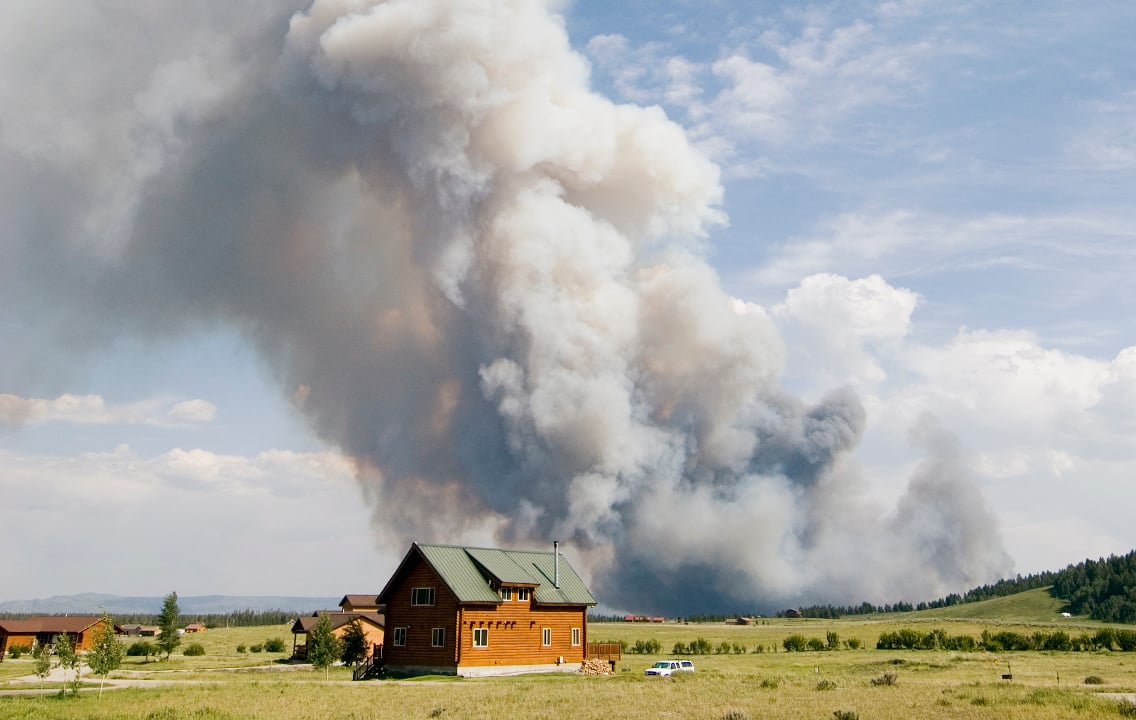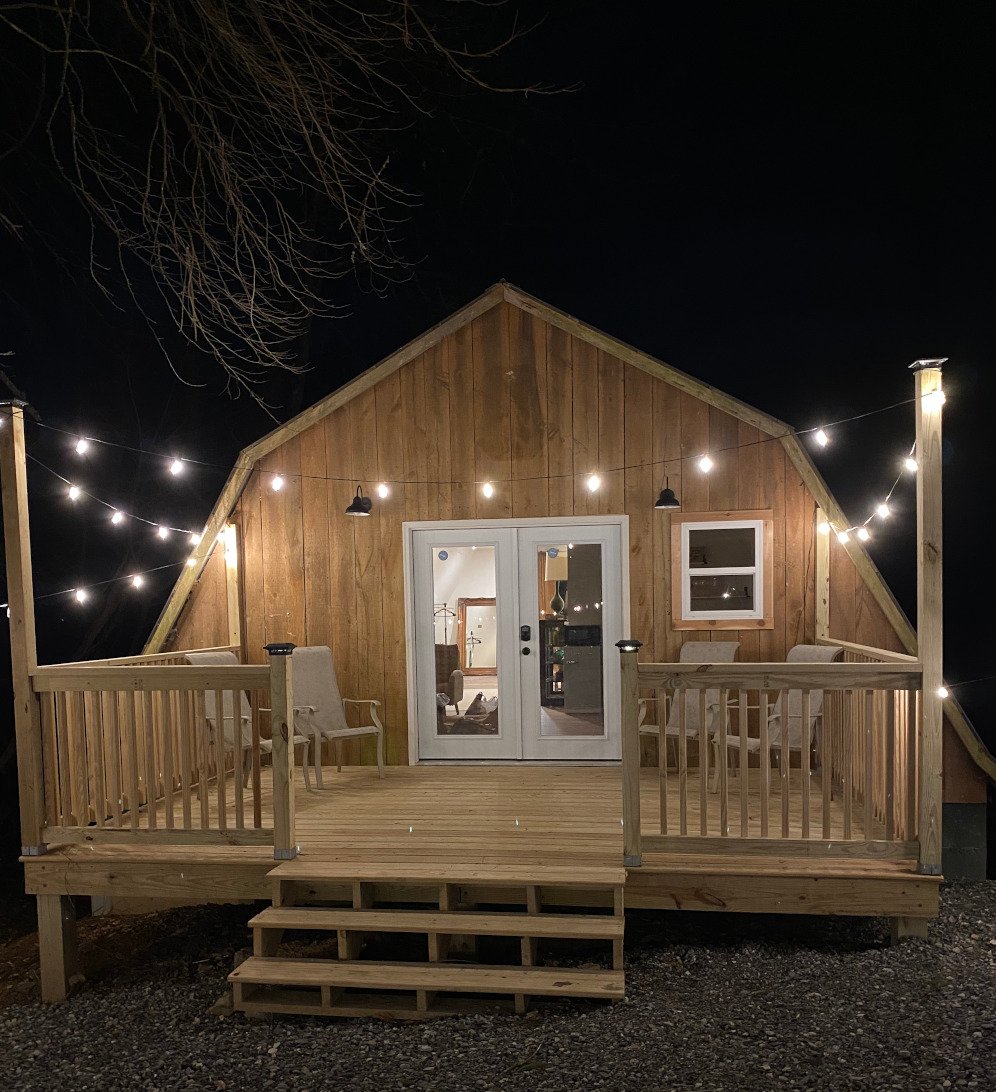Financing a new home build on raw land is very different than applying for a conventional mortgage. However, things have a changed a lot in the last few years when it comes construction loans. To get the latest information, we asked a Florida-based banker and mortgage supervisor for an overview of how a typical construction loan process works from start to finish.
If you’re considering buying raw land on which to build a home, hobby farm, homestead, etc. one of the first things to ask yourself is: how will I finance this project?
Since most of us don’t have hundreds of thousands in cash, that usually means you’ll need to find a lender who offers construction loans and/or land-construction loans.
But before you start researching financial institutions, it’s important to familiarize yourself with the basics of how construction loans work, how they differ from conventional home loans and how to find a reputable lender who specializes in financing new construction and/or raw land.
For answers, we turned to banker and mortgage supervisor at TruFi Credit Union in MacClenny, FL, James Owens.
Common Misconceptions About Construction Loans
Construction loans are different from conventional home mortgages in many ways, including but not limited to: qualification requirements, down payment amounts, length of loan and interest rates. Plus, not every bank or lender will finance a new build.
Per Owens, the most common misconception about how construction loans work is that you must own your own land for a certain period of time before you can start building.

“In order to qualify for a refinance construction to permanent loan, you must only own your land for 1 day. So, you can purchase the land and close on the construction at the same time, or own your land for a minimum of 1 day prior to closing on the construction loan.”
Important Land Considerations For Building a Home
Before you buy the land on which to build your dream home, it’s essential you make sure that land is buildable. We cover this at-length in: Due Diligence: How to Make Sure Your Land Is Buildable and Where to Build Your House on Your Land, including how to do proper due diligence on raw land and other red flags to watch out for. From a lender perspective, Owens recommends the following:
“The most important thing to consider is the zoning density of your land and the presence (if any) of flood zone on your property. The zoning density can create a large problem when trying to obtain a building permit. If there are flood zones present on the property, additional insurances or qualifications must be met during the approval phase of the construction loan.”
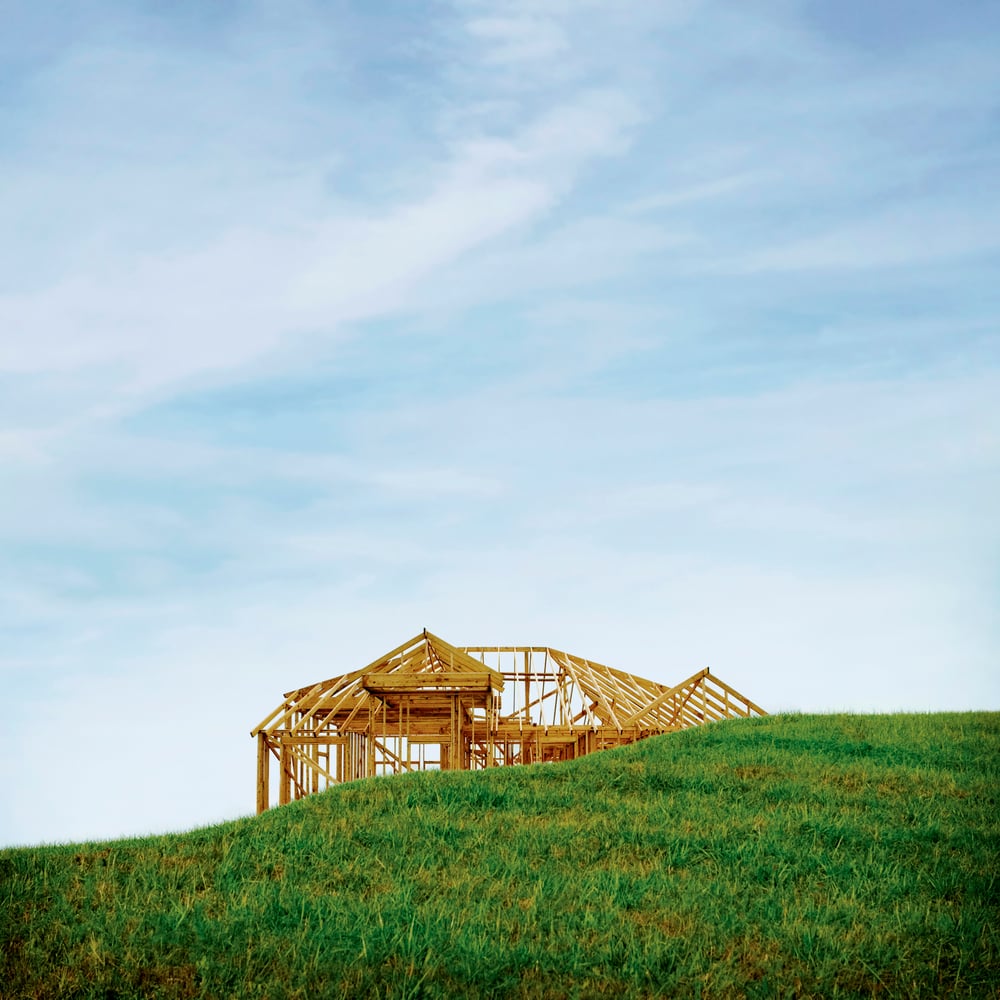
What To Expect With Pre-Qualification and Qualification Requirements
One of the biggest differences between a standard home loan and construction loan is that the standard home loan is permanent, while a construction loan typically lasts less than a year. Thus, qualification requirements are more selective.
Per Owens, “Qualifying for a construction loan is a more difficult process than for a regular purchase transaction. The lender does not know the terms of the permanent loan (once the home is built), so they must qualify the borrower based on maximum interest rate and a maximum loan amount. Sometimes this maximum rate can be as high as double the current market rate, therefore decreasing the amount that someone can qualify for. Credit score requirements are typically higher on a construction loan and contractor approval is something that must be done by the lender.”
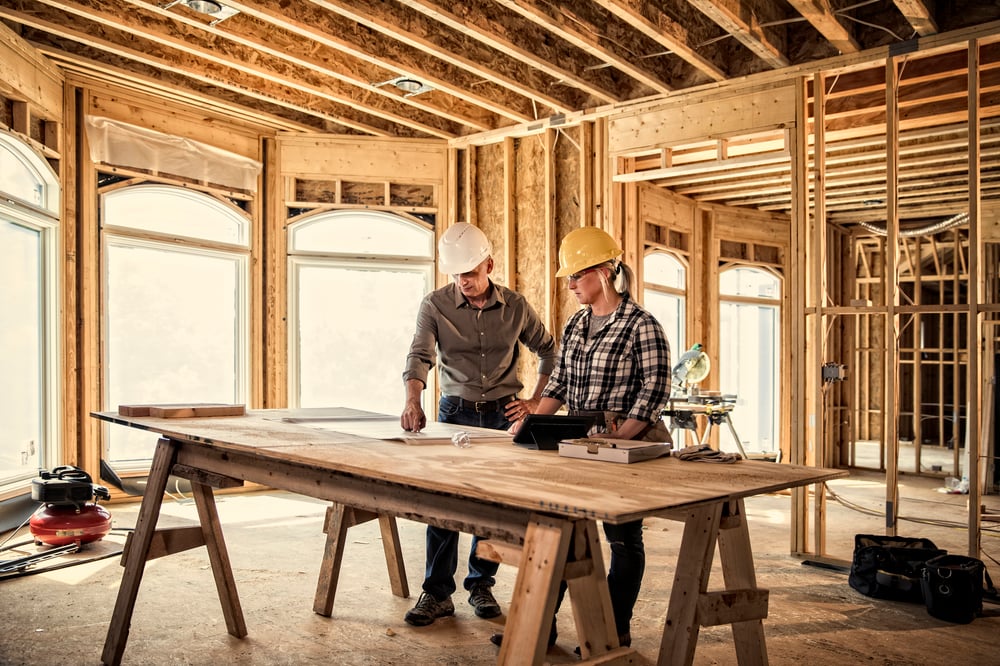
How The Construction Loan Process Works From Start To Finish
According to Owens, there are two different avenues most borrowers go through when obtaining a loan:
“The first one involves obtaining a preapproval first to see how much money they can borrow and then build a home for that budget. The other way is to have a house plan picked out and then work toward getting a loan to build that home. As a lender I always prefer a borrower to figure out the budget first, so here is the recommended path:
- Interview/decide on a lender and get a preapproval.
- Interview/decide on a contractor who will build your home.
- Have a house plan drawn that fits within budget.
- Apply for construction loan and building permit (if your lender allows for permit to be issued before closing).
- Close on construction loan (roughly 45 days after applying).
- Home build begins.
- Contact the lender when 60 days from home being finished to obtain a list of documents needed for modification from construction phase to permanent loan.
- Modify the loan and begin making the fixed payments.”
The typical construction loan has a maximum term of 12 months. Most lenders generally offer one extension after the 12 months has been exhausted (typically 90 or 120 day extension).
This process is typically the same for custom-built/site-built and modular homes, but be sure to confirm with your lender if you’re considering a modular home.
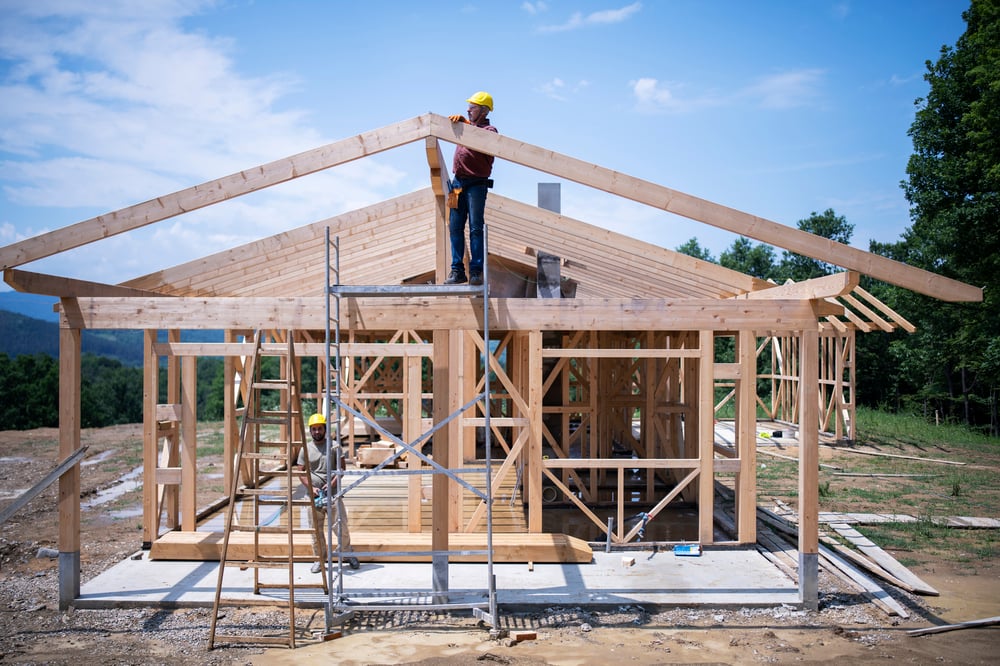
What Happens To The Construction Loan Once The Home Is Completed?
As previously mentioned, a construction loan is a temporary loan meant to cover the labor and materials involved in building your home. Thus, once your home is complete you’ll need a permanent mortgage.
Says Owens: “Most lenders offer a construction to permanent loan. In this type of loan, the balance owed on the loan will be modified to a permanent loan with fixed terms without any additional closing costs or fees.”
Tips On Finding The Right Lender For Your Construction Loan
As aspiring land owners quickly discover not all banks and institutions offer land and/or construction loans.
Your best bet is to contact smaller institutions like community banks and local credit unions. Farm Credit is another resource. Says Owens, “The best way to find a good lender is to ask a lot of questions to make sure you completely understand what is expected of you and your builder.”

Speaking of your builder, it definitely pays to hire someone with a good reputation as it could affect your chances of getting a loan.
“Most lenders handle payment to contractors the same, but the initial approval of your builder typically takes some time. Some lenders are more picky than others with their builder experience or qualifications.”
Get more helpful tips in: How to Find the Right Contractor for Your Land.
Additional Insider Tips/FAQs For Borrowers
Every lender is different, but Owens offered the following additional tips for borrowers:
- On acting as your own contractor: “Some lenders allow for the owner to pull their own permits and act as their own contractor. Be sure to know when and how you get funds from the loan before choosing this option.
- Work Ahead for Potential Savings on Build Time and Interest: “Some lenders will let you get things completed such as permits, site prep, well and septic, etc. before closing on the construction loan. If you have the funds to do so, this will allow you to begin the build early and save on interest.”
- Tips for those with larger acreage: “Some lenders have maximum acreage for a construction loan so be sure to ask this question if you own a large parcel.”
In Closing
If you’ve always dreamed of building your own home on your own land, don’t let the nuances and differences in the financing process deter you.
The truth is, when you hire an experienced land agent, do your due diligence correctly, research a reputable lender, make sure you meet qualifications, and find a reputable contractor the loan process should go quite smoothly. Which means, you’ll have more time to obsess over every detail of your new home!
To learn more about TruFi Credit Union, visit them online. And for more information on land financing, check out the Finance section of our blog.


